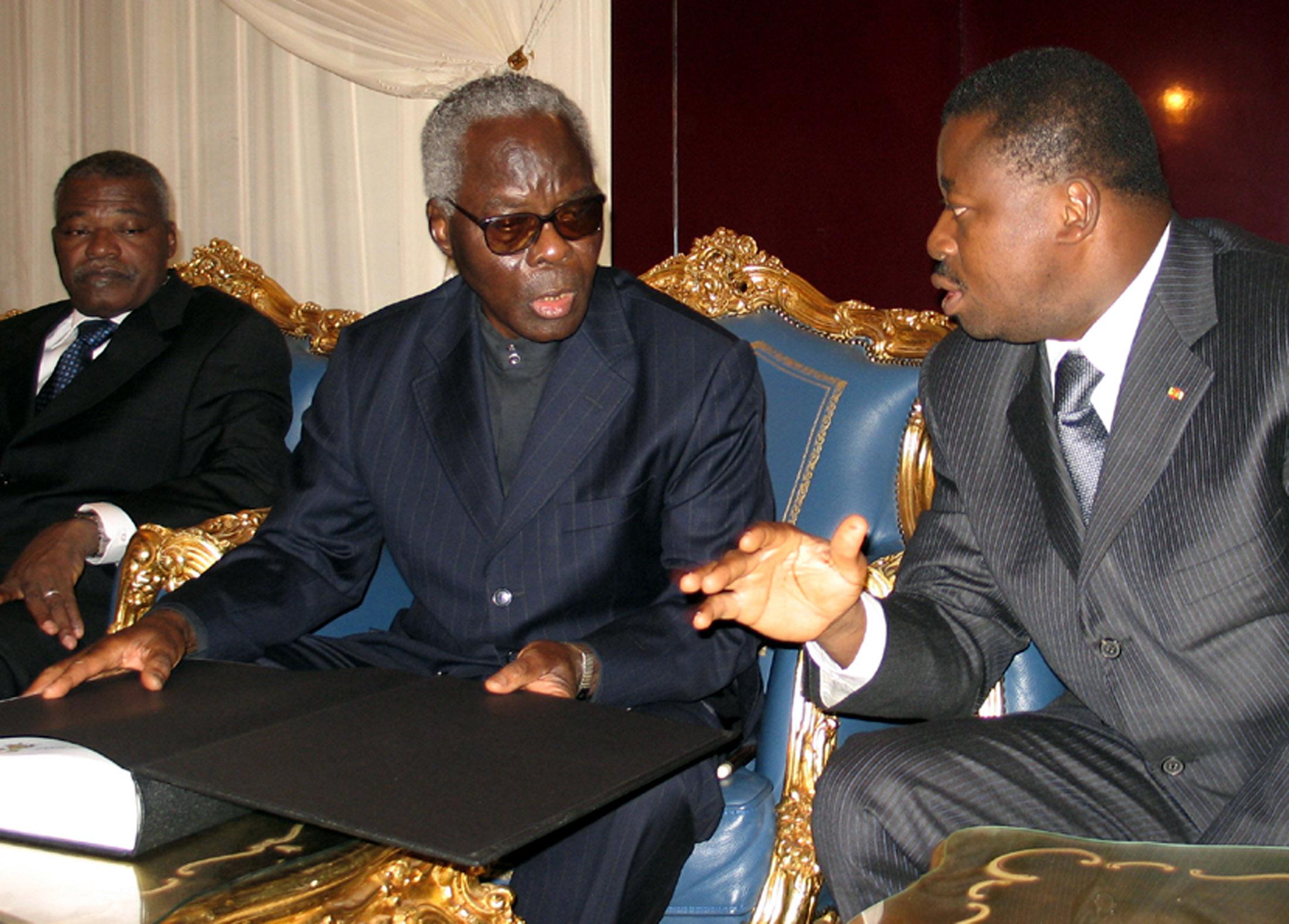Should the United States government consider paying reparations to black Americans for the historical crimes of slavery, Jim Crow, and segregation? No? What about just apologizing, using only words? Still no? Okay! This is all hypothetical, then, but: The Atlantic has an insightful and informative piece up today by Theodore R. Johnson about situations in which nations have apologized, officially, for their role in the perpetuation of slavery and discrimination.
Specifically, Johnson looks at Ghana, Nigeria, and Benin. Ghana, Johnson writes, has made its apology into something of a tourism pitch:
The initiative, called Project Joseph after the biblical character sold into slavery by his brothers, sought to portray Ghana to black Americans as Israel presents itself to the Jewish diaspora. Ghanaian tourism companies even offer “ceremony of apology” packages that black Americans can purchase to accompany visits to ancient slave castles.
In contrast, a contrition initiative in Nigeria was not well-received:
…in declining to apologize, one elder told a Nigerian newspaper that his people were “not apologetic about what happened in the past,” explaining that the slave trade was “very very legal” when his forebears were involved in it.
And Benin’s apology was put in spiritual terms:
[President Mathieu Kérékou] and members of his government appealed to the religious conception of forgiveness to frame the act of reconciliation as a divine pursuit that would make whole the relationship between offending states and the victims’ offspring. “We cry forgiveness and reconciliation,” said Luc Gnacadja, Benin’s minister of environment and housing, on a visit to Virginia in 2000.
Johnson suggests that Benin’s model might appeal to America’s spiritual sensibilities—but notes that even that even Benin’s heartfelt-ish admission was part of a wider effort to repair its reputation amidst problems securing foreign aid. Ultimately, Johnson concludes, the United States government won’t apologize to black Americans unless forced to do so by the same kinds of strategic realpolitik interests that led it to abolish slavery in the first place. Read his whole piece here.
